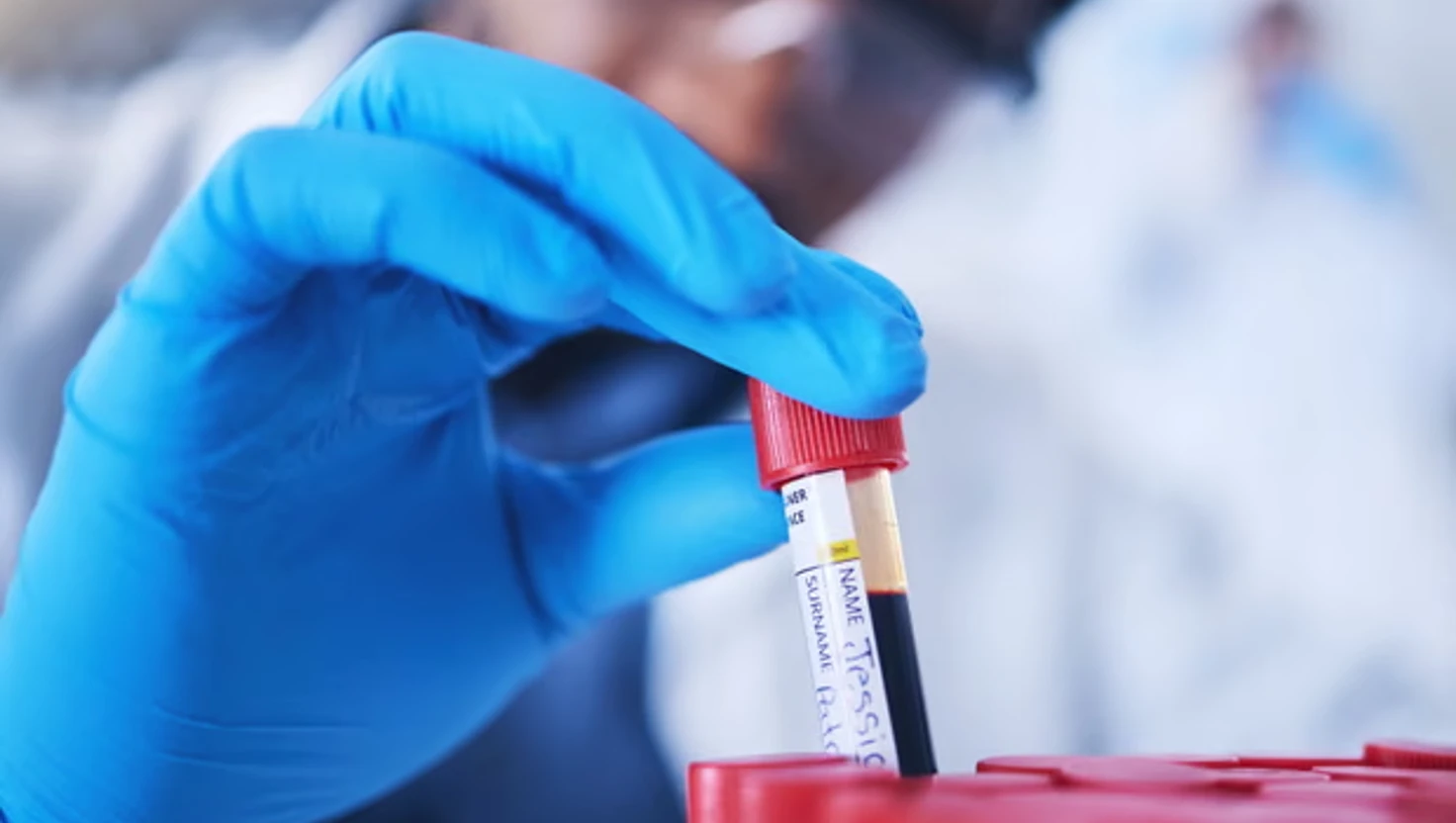New Blood Test Can Predict Diseases Up to Ten Years Early

In a significant advancement in preventive healthcare, scientists have developed a pinprick blood test capable of detecting the earliest biological indicators of diseases up to ten years prior to the onset of symptoms. This innovation, described as potentially transformative, could enable individuals to take proactive measures against serious health conditions before they fully develop.
Employing a tiny drop of capillary blood, researchers are now able to analyse thousands of molecules, including proteins, metabolites, and cellular stress markers. These analyses create molecular signatures that can indicate the likelihood of developing various conditions, such as cancer, diabetes, heart disease, and dementia, long before clinical symptoms emerge.
Large-scale studies leveraging advanced proteomics and metabolomics have demonstrated that these molecular patterns can accurately predict who may develop specific diseases within the next decade. By comparing blood-based signatures with extensive health records, researchers have successfully mapped the initial changes occurring in the body, paving the way for earlier interventions.
One notable project utilising samples from the UK Biobank has yielded compact protein signatures, enhancing the ability to predict diseases across multiple health conditions over a ten-year span. These findings have shown improved performance compared to traditional clinical prediction models across various categories.
The simplicity of obtaining a pinprick blood sample adds to the appeal of this testing method. Unlike standard blood sampling, which requires venous draws and can be costly and complex, capillary samples are inexpensive and easy to collect, making them suitable for widespread screening initiatives. Studies indicate that dried blood spots from finger-prick samples can yield high-quality molecular data, opening possibilities for at-home or community-based testing.
Recent investigations have also highlighted that pinprick samples can accurately detect biomarkers associated with Alzheimer’s disease, achieving results comparable to those obtained from venous blood tests. Researchers believe this could allow for a single blood spot to potentially indicate multiple health risks simultaneously.
Experts suggest that such innovations could significantly alter the landscape of global healthcare, shifting the focus from reactive treatment to proactive prevention. Early detection would enable medical professionals to closely monitor individuals at high risk, recommend lifestyle modifications, or initiate early interventions that could enhance health outcomes and reduce healthcare costs. Additionally, drug developers might find value in these tests, as they could facilitate trials involving participants at earlier stages of disease progression.
However, researchers caution that extensive validation of this technology is necessary before it can be implemented in routine medical practice. Many existing prediction models rely on limited datasets and require testing across diverse populations to ensure their effectiveness. There are also concerns regarding false positives, which may lead to unnecessary anxiety, as well as false negatives, which could provide unwarranted reassurance.
Technical challenges remain, including the need to standardise blood sample collection and storage methods, along with establishing clinical thresholds that genuinely enhance patient outcomes.
Scientists stress that large-scale validation studies, clinical trials, and clear guidelines will be crucial for integrating such tests into mainstream healthcare practices. Regulatory bodies will play an essential role in assessing the accuracy, potential risks, and communication of results to patients.
Despite these challenges, experts are optimistic that this new pinprick blood test signifies a promising advancement towards a future where disease detection can occur well ahead of the onset of illness, potentially reshaping the foundations of global healthcare.

Nitish Kumar Sworn In as Bihar Chief Minister for Tenth Term

Narendra Modi to Attend G20 Summit in South Africa on Key Issues

Tata Consultancy Services and TPG Establish AI Data Centre Venture

India's Core Industries Growth Remains Flat in October 2025





